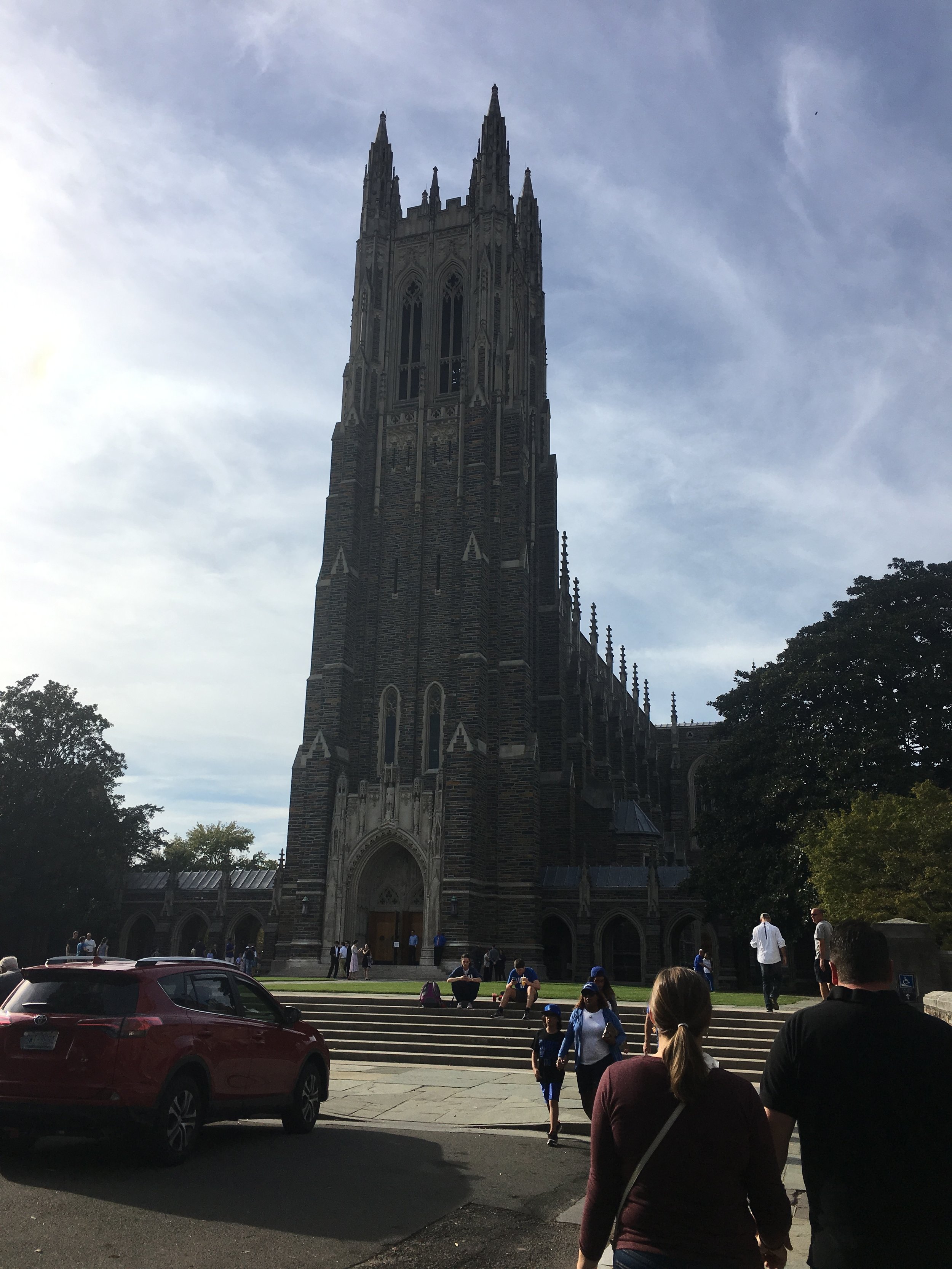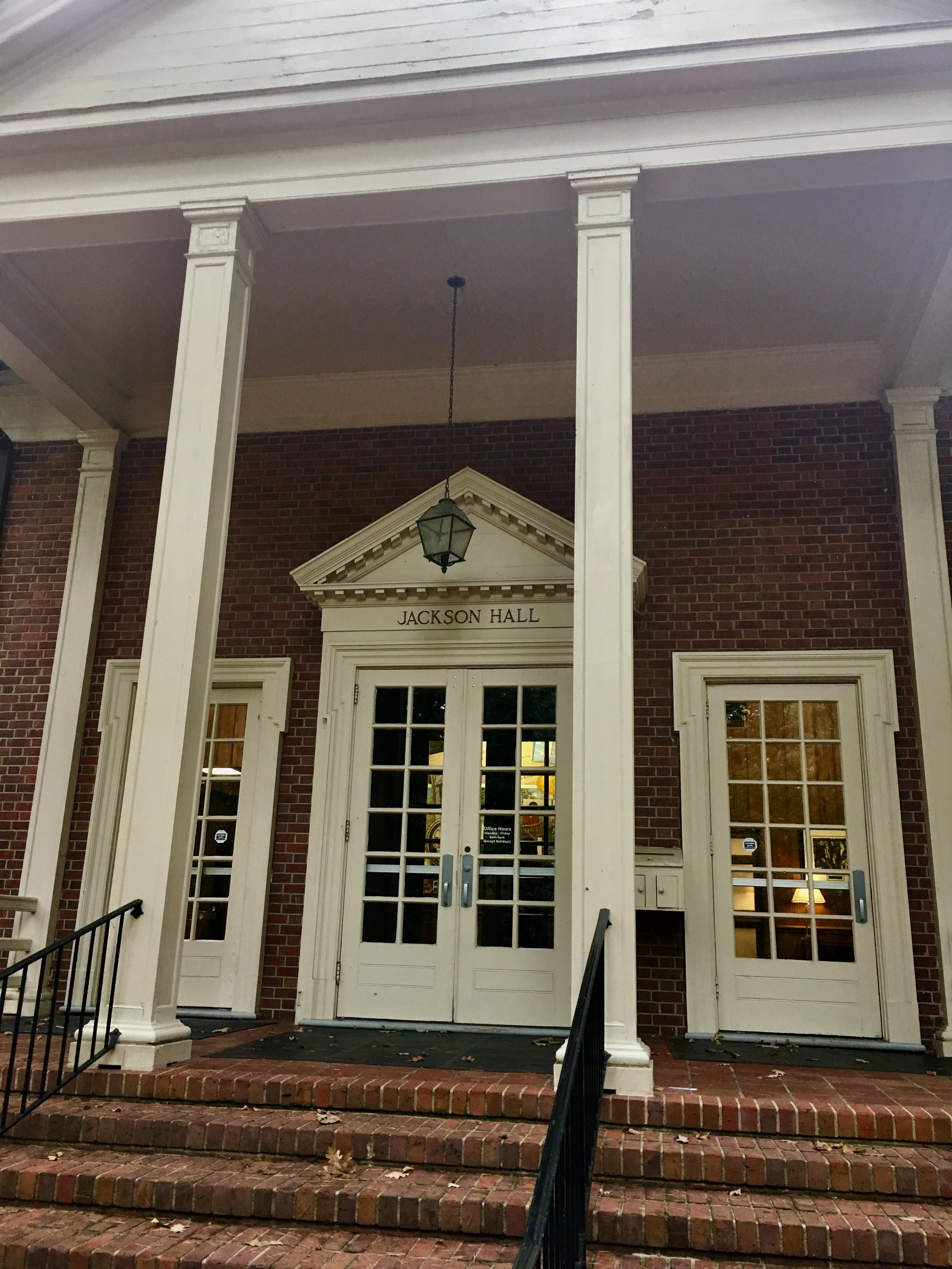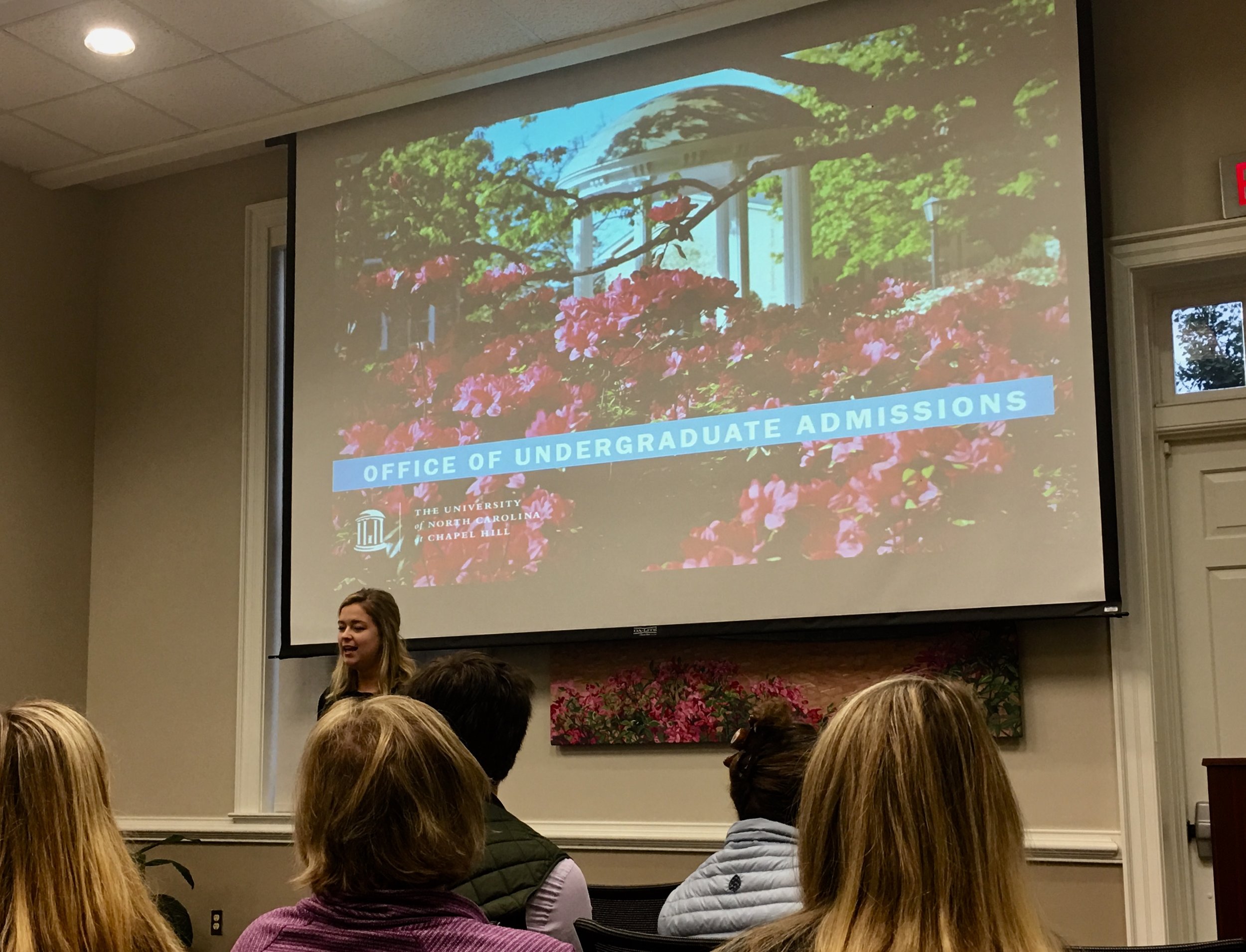At the IECA conference in DC last week, I had a chance to chat with the founder of Campus Sherpa, David Patou. Campus Sherpa allows students to directly experience a college through a student with similar interests to them. I like this concept a lot, and am curious to see how the company grows.
Prospective students fill out a form indicating their background and interests, where they want to visit, for how long and in what format, and students will then be matched with an appropriate "Sherpa" i.e. current students at one of the 150+ participating colleges. Students may elect to visit a school with a short trek, longer excursion, or a "summit" of a full-day shadowing a student through their classes. I also like that a Skype conversation is an option for students who can't visit campuses, but really need to get a better handle on those details about what *truly* sets this school apart from its peer institutions. And it may also prove handy for those supplemental Why Us? essay prompts.
Some colleges make a real effort to engage visitors vis-a-vis their tour program. Some Admissions Offices' extremely competitive tour guide programs may ensure eager, chipper tours, but could come off as glossy or generic. I recently visited UVA, where the tour guide program is completely independent of the Admissions Office, thereby supposedly guaranteeing impartiality. We did 'happen' to walk by Social Entrepreneurship club offering free donuts and apple cider. In the unseasonably cold afternoon, it was memorable. Oftentimes, a tour can make a HUGE difference if a student decides to apply or not. While the tour guide is not always the deciding factor, it can be significant (think weather: I didn't like Middlebury College when I visited, and may in retrospect attribute that to the horrendous, icky, wintery icy downpour during my visit).
Campus Sherpa includes a review from one recent parent:
"After going to Harvard and MIT and finding hundreds of people touring with us, all of us following shouting guides around like sheep, we were looking for a better way. With Campus Sherpa, you get an insider's look at what a college or university is all about."
- Mary H, Mother of Sophomore Cole H
In short, check them out! You can also save 20% on their one-to-one personalized college tours using code: JULIA9687






























